Coconut Fufu is a low carb and nutritious African dish made from coconut flour. At only 12 net carbs, it is a delicious and healthy way to enjoy fufu with your favorite African soups!
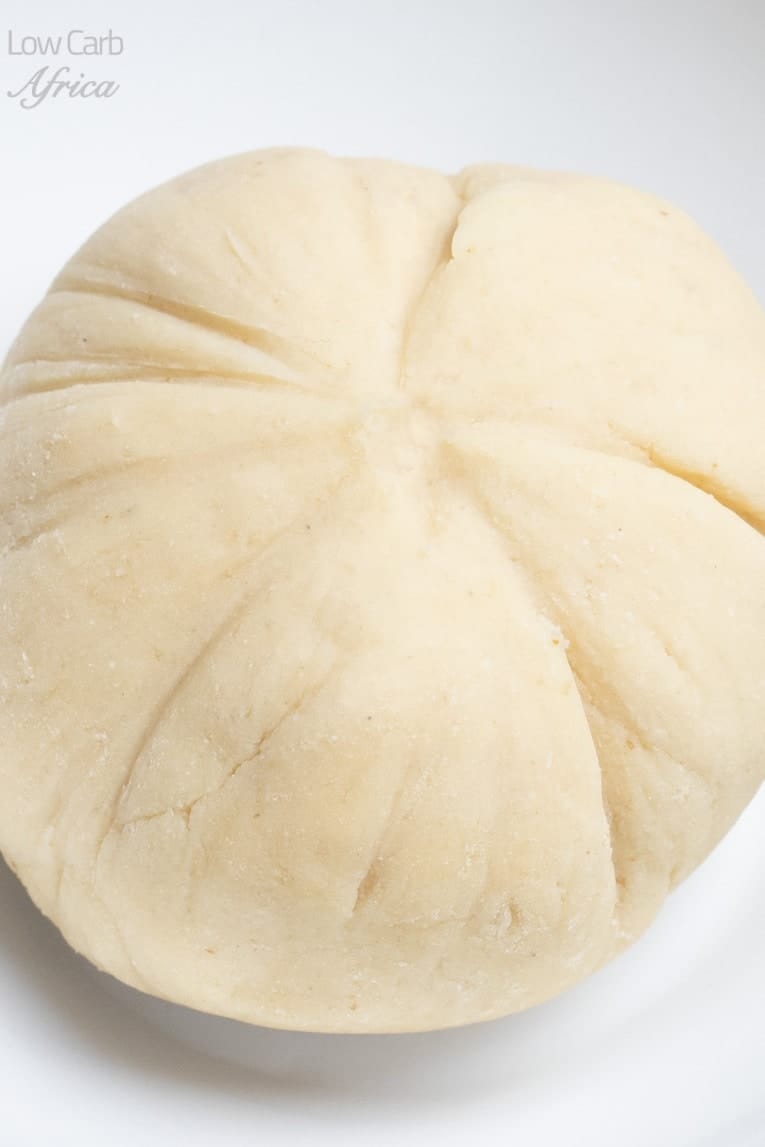
Want to Save This Recipe?
Enter your email & I'll send it to your inbox. Plus, get great new recipes from me every week!
By submitting this form, you consent to receive emails from Low Carb Africa.
Tips when making Coconut Fufu
Coconut flour is extremely versatile and should be a staple in your low carb pantry. It is inexpensive, gluten-free, high in fiber and low in carbs.
Coconut flour can be a bit tricky to use and it cannot be used as a direct flour substitute due to its very absorbent nature. In other words, it is quite thirsty and drinks up a lot of water real fast!
When I first made this recipe, it was a bit challenging to get the ratio of coconut flour to water right. Too little water and it ends up dense and too thick. Too much water, it ends up too soft!
The trick is to start with one and a half cups of water to one cup of coconut flour and add more water if needed. Too much water too fast will leave you with a mushy mess.
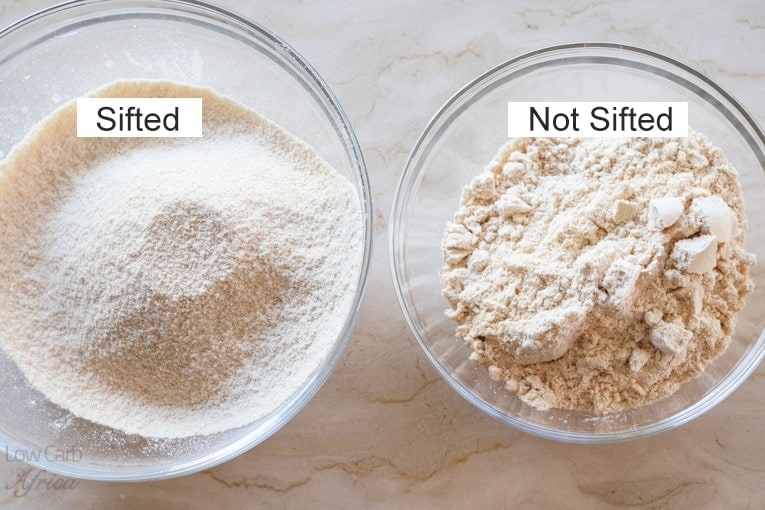
Coconut flour should also be sifted as this helps break up lumps in the flour, which makes it lighter and easier to mix evenly with the psyllium husk. I have made coconut fufu with the flour sifted and also made it not sifted, and 100% of the time, the sifted flour works better.
Without sifting, the coconut fufu is quite dense and gets hard pretty quickly. But when sifted, the texture is a bit softer and easier to handle and is similar to regular fufu dishes.
For sifting, I like to use a fine mesh strainer or a flour sifter. If you do not have a strainer or sifter, mix the coconut flour with a wire whisk.
It will not get the flour as light as when sifted, but it will at least make it a bit fluffy and break up any clumps.
You will also need psyllium husk for this recipe as coconut flour needs a binder to stick together.
Don’t mix the coconut flour with water before adding the psyllium husk, as I do in my cauliflower fufu recipe; the coconut flour will absorb the water and not properly mix with the psyllium husk.
I found this out the hard way. You have to mix the coconut flour and psyllium husk together before adding to the boiling water.
How to prepare Coconut Fufu
To start, set some water on the stove and bring to a boil. Sift one cup of coconut flour in a bowl, and mix with one and a half tablespoons of psyllium husk.
When the water boils, add the coconut flour and psyllium husk mixture to the water and stir.
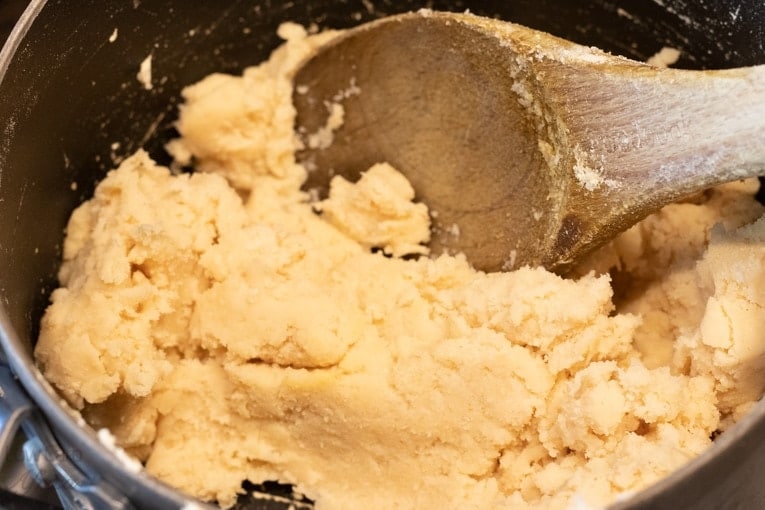
Add some more water if needed but only small quantities at a time. Stir till it reaches a dough-like consistency.
Serve and enjoy with your favorite African soups such as:
Efo Riro (Nigerian Spinach Stew)
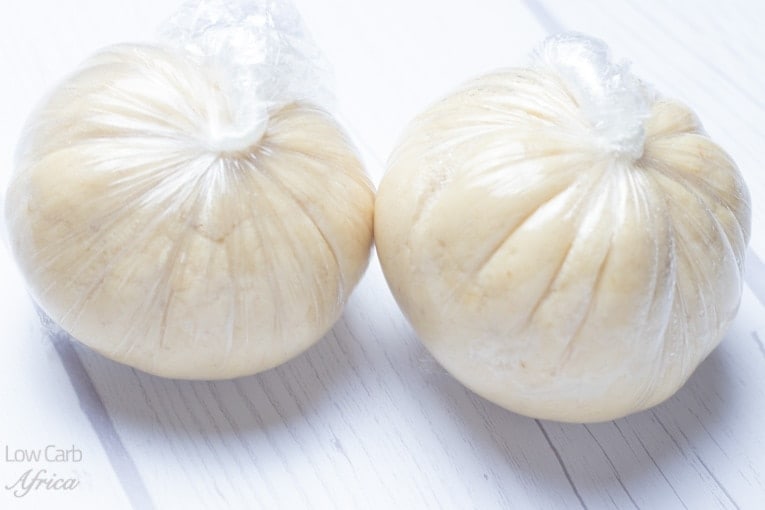
How to reheat Coconut Fufu
This makes two servings for me so I store the extra one in the fridge for another day, wrapped in a cling wrap. To reheat, bring water to a boil and put the wrapped fufu in the pot of boiling water and turn the heat to medium.
Don’t take out the wrap, as the fufu will just keep absorbing water. After about 5 minutes, take it out of the boiling water and let cool a bit. Take out the cling wrap and serve.
I love coconut fufu as it is so easy and quick to prepare. There are days when I don’t feel like cooking, but since there is always soup in the house, I can whip this up in only 10 minutes.
At only 12 net carbs, it is a healthy and delicious alternative to our native African fufu dishes!
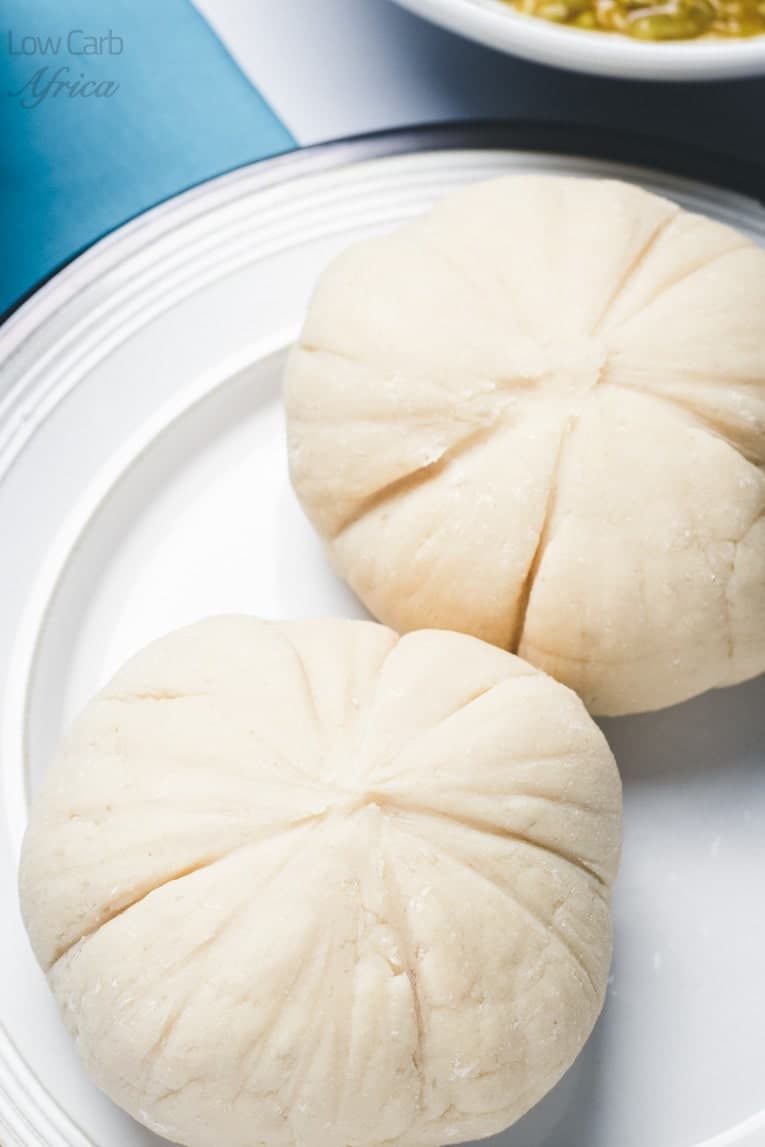
Other wonderful, low carb fufu alternatives include:
📖 Recipe
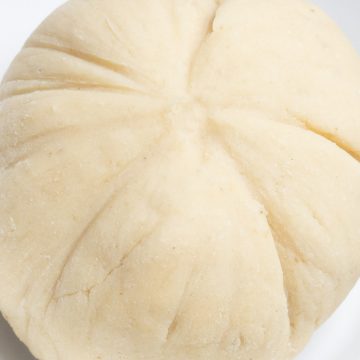
Coconut Fufu
Ingredients
- 1 cup coconut flour sifted
- 1.5 tablespoon psyllium husk
- 1.5 cups water
Instructions
- Bring water to a boil in a pot.
- Mix the coconut fufu and psyllium husk together.
- Put mixture in boiling water and stir.
- Add more water if needed.
- Stir till it reaches a dough-like consistency.
- Serve with your favorite Nigerian soup.
Notes
- Make sure you sift the coconut flour, using a fine mesh strainer, before use. This is to prevent the fufu from becoming hard and dense.
- Make sure you mix the coconut flour with the psyllium husk before pouring it into the hot water.
- If you need to add more water, add just a little at a time, till you reach your desired consistency.


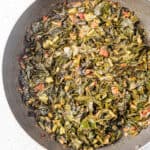
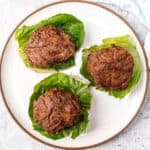

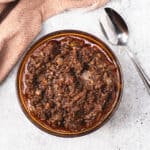




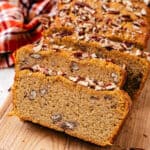
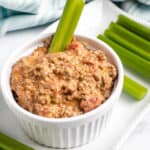


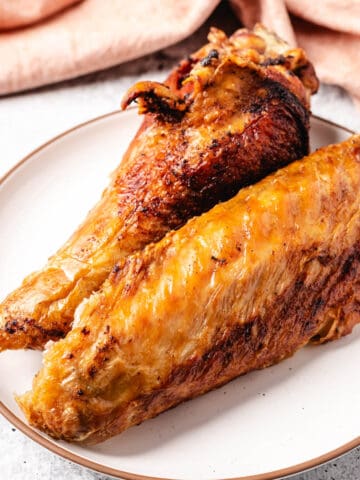
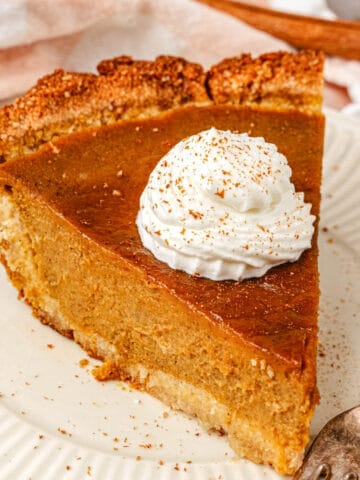
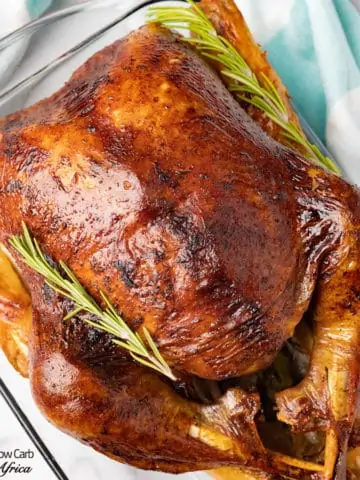
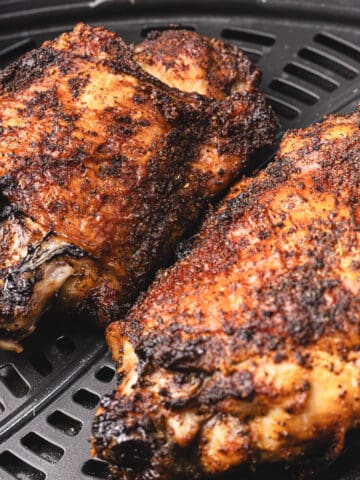

Silly question. Does the recipe require psyllium husk powder or whole psyllium husk. Thank you.
Not silly at all 🙂 It requires psyllium husk powder.
Thanks so much tayo, you make keto diet more affordable for me with your recipes you don't know how much you have help me thank you once again I have a request can I get pumpkin and butter nut squash recipes plsssssss
You're so welcome, Yemisi! I actually have a pumpkin recipe coming out tomorrow 🙂
Interesting recipe. I had eaten fufu years ago and I loved it. I had coconut flour to use and found your recipe. Coconut flour is great when it comes to lower carbs and calories in comparison to plantain and cassava. However it falls far short on flavor and texture. There is at times a grainy texture, possibly from under cooking, but that's hard to determine without a visual. . It is not savory enough for soup. it makes it too sweet.there will be a lot of disappointment with this recipe because you can't get it right without a little luck. The texture and flavor is wrong. Maybe adding a seasoning compatible with coconut sweetness, and not expect a doughy consistency. The digestibility is yet to be determined.
Hi Carmen, keto fufu is meant to act as a close substitute for regular fufu, and as such will not taste exactly the same. When making regular fufu, the texture and taste will differ based on the ingredient used. Sometimes it's a bit sweet (plantain fufu) and sometimes it's grainy (dried cassava). I offer different keto fufu dishes for variety and the taste and texture will differ as well. You might like some, and not like others, and that's okay. If you make it exactly how I outlined in the post, the texture is quite smooth and it goes very well with African soups.
Can I use oatmeal as the binder instead of psyllium husk ?
Hi Theresa, I haven't tried oatmeal before so I'm not sure. One cup of oatmeal contains 23 net carbs though, which is quite high.
One cup of coconut flour is 466 calories and 66.88 carbs. Different from the packaging of coconut. The package label of coconut flout reads a whole lot less, 267 calories and 12 carbs. Serving size is two. so we are to presume this is total carbs and calories per serving, 1/2 cup of coconut flour. Product labels are not completely honest. this is not safe for people like diabetics who need to know what there intake of calories and carbs is.
The nutritional info is correct. A half-cup of coconut flour has 33g, and my recipe shows total carbs of 35g (which includes the psyllium husk). The total fiber in the recipe is 23g. Net carbs is 'carbs minus fiber' which is 12 net carbs.